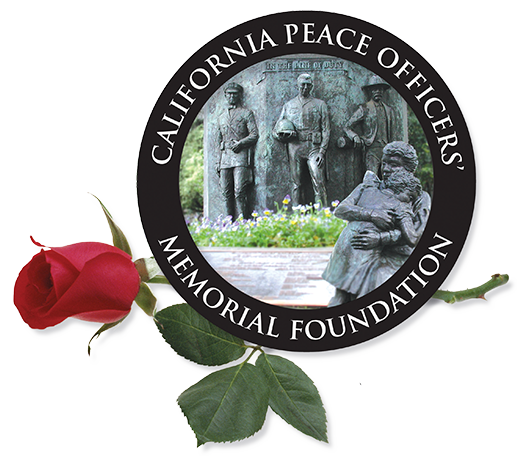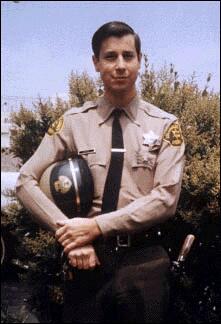On Wednesday, August 31, 1983, Officer Kenneth “Ken” Wrede #203 was working as a patrol officer for the West Covina Police Department. At approximately 1219 hours, Officer Wrede was contacted by a citizen who reported a man, possibly under the influence of drugs, acting bizarre in the street. Officer Wrede responded to the area of Lark Ellen Avenue and Francisquito Avenue and began searching for the man. Officer Wrede located the suspect at Francisquito Avenue and Glenview Road. Officer Wrede made contact with the suspect and radioed that the suspect appeared to be under the influence of drugs. The suspect refused orders by Officer Wrede and a struggle ensued. During the continued struggle, the suspect was able to rip the shotgun and shotgun rack from Officer Wrede’s patrol unit. The suspect fired the shotgun over the roof of the unit, fatally wounding Officer Wrede. Responding officers located and arrested the suspect near the scene. It was later determined that the suspect was high on PCP. The suspect was subsequently convicted and sentenced to death.
Officer Wrede was 26 years old. He was laid to rest at Forest Lawn Memorial Park Covina Hills. The City of West Covina named “Wrede Way” after Officer Wrede in 1985. In 2007, the portion of the Interstate 10 freeway from Grand Avenue to Vincent Avenue was named the “West Covina Police Officer Kenneth Scott Wrede Memorial Highway” in honor of Officer Ken Wrede’s service and sacrifice to the City of West Covina.

 The officers allegedly found Henry inside an automobile that had been reported stolen in San Diego. An argument ensued when he refused to step out.
The officers allegedly found Henry inside an automobile that had been reported stolen in San Diego. An argument ensued when he refused to step out.